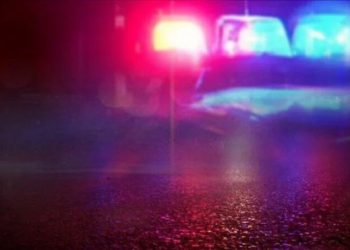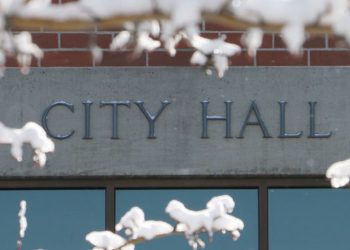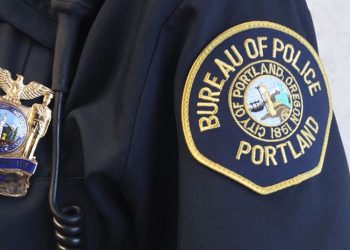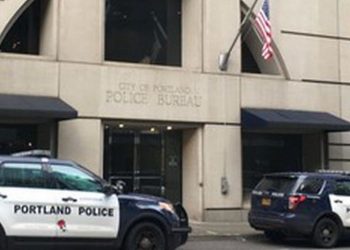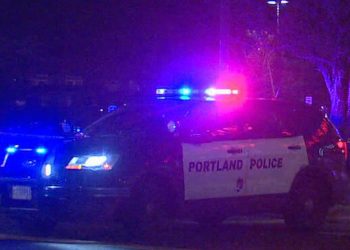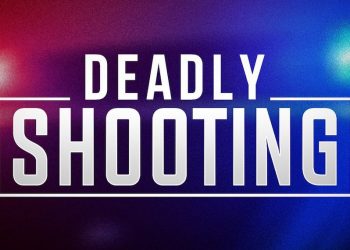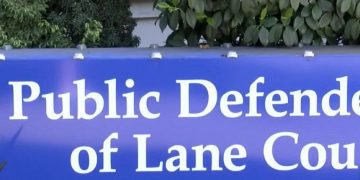Montana – It started out as such a good year for Montana Poets Laureate Melissa Kwasny and M.L. Smoker.
Named Poets Laureate by Gov. Steve Bullock July 31, 2019, their inaugural event was the Billings Big Read in November 2019, where they gave a poetry reading and joined national poet laureate Joy Harjo, who was the focus of the Big Read.
It was such an exciting and auspicious launch — which included Harjo playing her saxophone during her reading — and later there was a salsa dance party, recalled Kwasny, who is based in Boulder.
She remembers, “we thought this is a great start to our two years.”
Smoker (who is also known as Mandy Smoker Broaddus) and Kwasny are longtime friends. They quickly planned events around the state and ideas for taking poetry into the schools.
But then, shortly into their stint, COVID hit.
And nothing has been quite the same ever since.
“It was a rough year for me,” said Kwasny. “I lost my mother the first week of November.”
Although her mother died from a long-term illness, not COVID, Kwasny suspects she herself may have caught it on one of her four trips to Florida to be with her dying mother, recalling, “I’ve never been so sick in my life.
“Flying was terrifying. It was kind of a nerve-wracking year for me.”
For Smoker, who is a member of the Fort Peck Assiniboine Sioux tribe and is based in Helena, 2020 has been “pretty difficult,” she said. “I had twin brothers back at Fort Peck, and one of them died of COVID-related issues.” Then the other brother passed away as well, a short time later.
“All the reservations have just been hit so hard,” she said. “It just takes a devastating toll on any community, ours in particular, knowing we lose elders who are culture bearers and knowledge keepers and some of those who still spoke our languages.”
Some of their work
“Mandy and I believe poetry is a necessary — a crucial — medicine for these times, because it is the language of the heart, of feeling, of connection between one’s life and another’s,” said Kwasny.
She and Smoker created a Facebook page called “Montana Poets Laureate Melissa Kwasny and M.L. Smoker” to share poetry with the public.
There, you’ll find poems and also learn about their job — a position that is a great honor and has a lofty job description: “The Montana Poets Laureate encourage an appreciation of poetry and literary life across the state.”
(It should be noted, however, that their job comes with no pay.)
The site shares poems Kwasny and Smoker wrote and submitted as part of a New York Times Thanksgiving national roundup of poets laureate about what they were grateful for this year.
A few weeks ago, Kwasny and Smoker met outdoors at a friend’s house to record a shared reading for the Mississippi Arts Council, which is gathering submissions from poets laureate across the country to celebrate National Poetry Month in April.
Due to COVID, Smoker and Kwasny have had to cancel about 15 events this year, Kwasny said.
However, they have recorded videos and lessons that they’ve shared with teachers.
“We had such great plans to go out and be in the middle schools and high schools to work with students and teachers and that all didn’t happen,” said Smoker.
“We had a lot of readings lined up around the state. We were really looking forward to sharing what we love about poetry … and what it means to us and to share part of our story.
“That we didn’t get to do that is obviously pretty disappointing.
“A lot of different entities have shifted to be online,” Smoker said, including the Montana Book Festival in Missoula in September. “We prerecorded and spliced together a reading by us,” which they had done individually, outside.
These were turned into a Virtual Poetry Tour on YouTube.
They also collaborated with the Missoula Art Museum, as part of MAM’s love letters to works of art in MAM’s permanent collection.
Kwasny and Smoker chose a sculptural work by Molly Murphy Adams, a vintage paper map of Missoula and the Salish Kootenai Reservation that Murphy Adams beaded and appliqued, showing sites where Native American women were assaulted, murdered or disappeared.
“Mandy and I each wrote a poem about it,” said Kwasny, which the museum filmed and put online.


